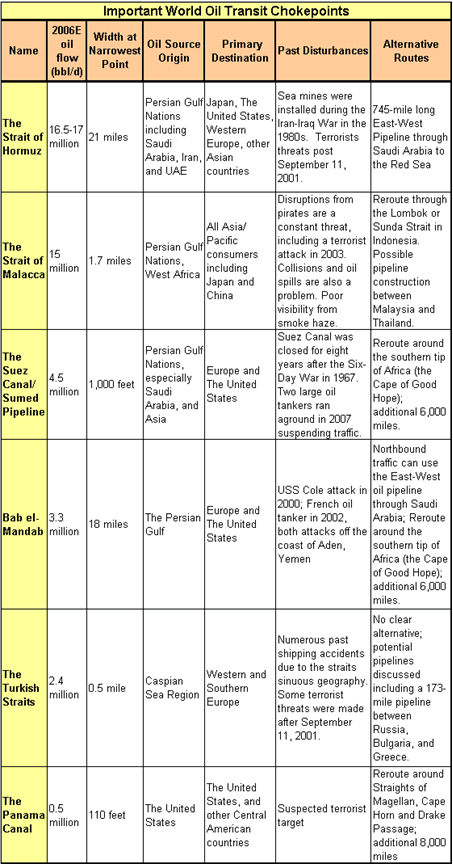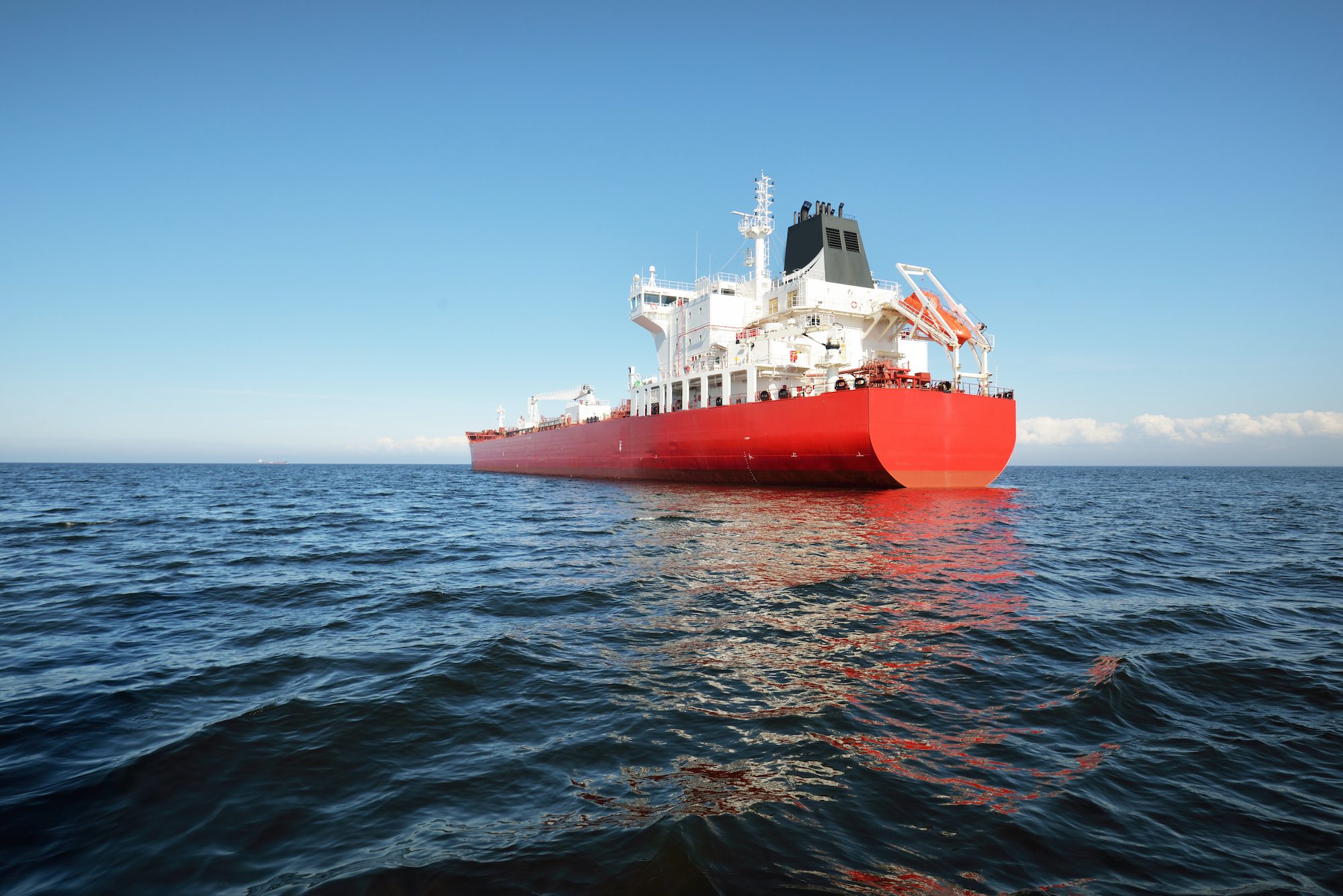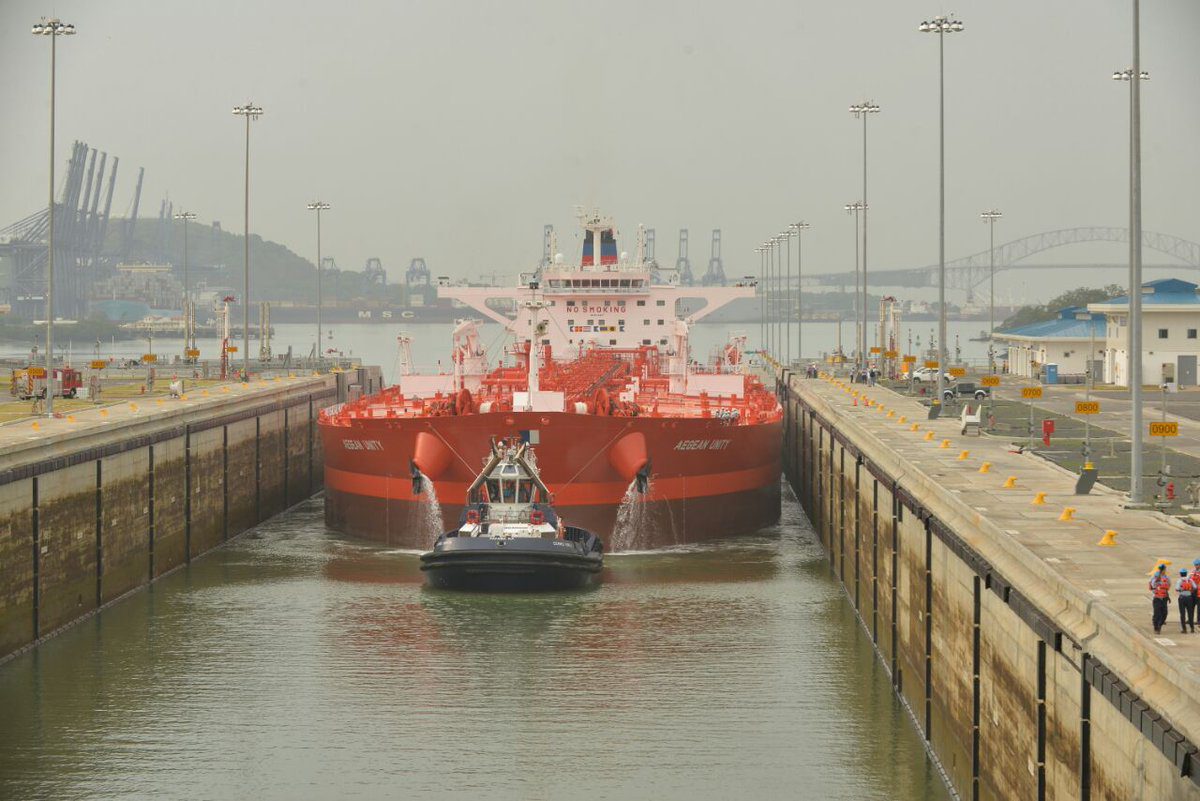Updated: February 5, 2026 (Originally published January 7, 2008)
MAREX brings us Choke Points effecting the world’s oil supply.
They write:
In 2007, total world oil production amounted to approximately 85 million barrels per day (bbl/d), and around one-half, or over 43 million bbl/d of oil was moved by tankers on fixed maritime routes. The international energy market is dependent upon reliable transport. The blockage of a chokepoint, even temporarily, can lead to substantial increases in total energy costs. In addition, chokepoints leave oil tankers vulnerable to theft from pirates, terrorist attacks, and political unrest in the form of wars or hostilities and shipping accidents which can lead to disastrous oil spills.
In case that’s not enough to sustain high oil prices Fred Fry points us to this ABC nightline story on the world mariner shortage, a problem we at gCaptain can testify as real and already creating problems. They write:
The Warsash Maritime Academy trains 200 pilots and skippers a year to man an ever-expanding global fleet of super tankers.
They’ll take the helm of some of the 6,000 new oil tankers and container ships will hit the water in the next five years. Why so many? Because of our continued reliance on oil, China’s manufacturing boom and because, well, no one has come up with a better idea.
“It takes a long, long time to train somebody to be in charge of it,” said Sadler. Shipping is booming, ships are getting bigger and harder to handle, and there aren’t enough men and women to take charge of the ships.
“There is now a gap in qualified personnel,” Sadler said.
Continue Reading…
Both these articles lead to one question: Could a ship with crew lacking experience shut down a harbor, or worse a choke point?
Editorial Standards · Corrections · About gCaptain

 Join The Club
Join The Club










